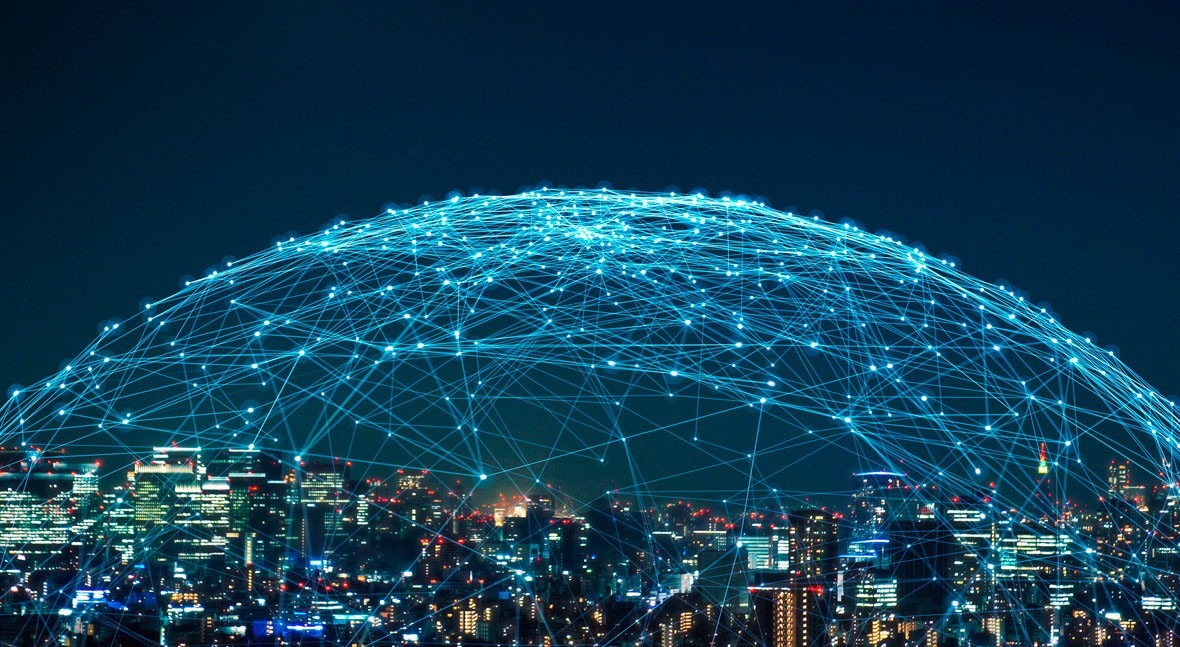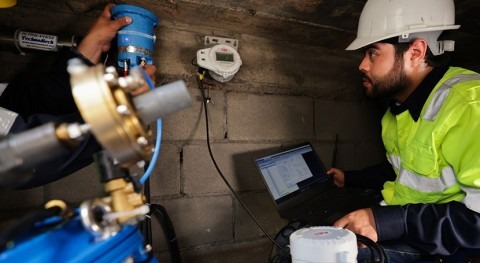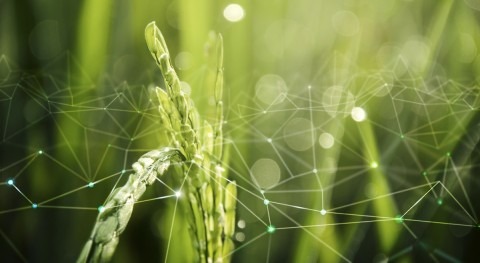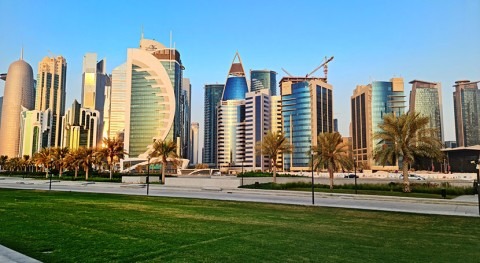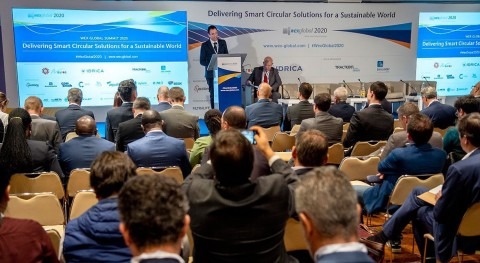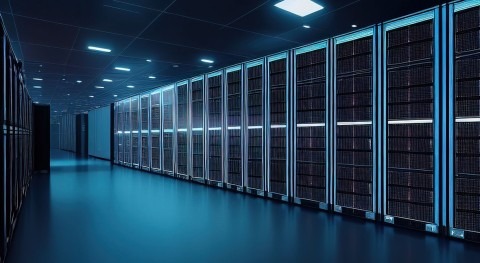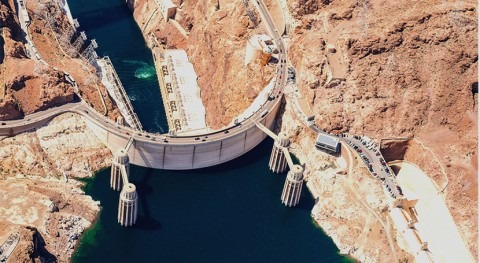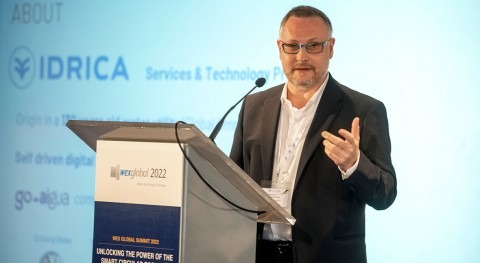5G is set to transform the way mobile networks are designed and how they are utilized. In this context, a question arises: what is different about 5G technology?
To a greater or lesser extent, 4G networks overcame connectivity and network access (coverage) issues. In addition, they helped to transcend limits in terms of speed, understood as bandwidth, or the ability to watch videos, audios or make a video call with a reasonable degree of quality.
Although the improvements in connectivity and speed brought by 5G will be extremely useful, when watching high quality videos (4K, 8K, 16K) or playing online games, for example, these shortcomings could have been solved by improving the existing 4G network at a much lower cost.
5G goes beyond simply enhancing the functionalities of 4G. Its low latency and ability to connect millions of devices in a small area will unlock new business opportunities and bring value-added services.
The characteristics of 5G make it the best solution to harness the advances made in new technologies and increase use cases with very different requirements which, up until now, have had to be built on a single infrastructure. In a world where, according to the consultancy firm Gartner, there will be 26 billion connected devices by 2022, 5G is another step on the unavoidable journey towards digital transformation.
In the water industry, its versatility, together with advances in other areas such as the use of sensors, promises to make innovative use cases a reality
Network ultra-flexibility is one of the distinguishing features of 5G technology and refers to its ability to cater for very different needs, such as massive connection of low-complexity devices and remote assistance in operating theatres using virtual reality.
In addition, this technology has three features that enable different use cases to be built on 5G networks: eMBB (enhanced Mobile Broadband), for services that require high bandwidth and good coverage; MIoT (Massive Internet of Things), which is perfect for securely connecting a large number of devices; and URLLC (Ultra Reliable Low Latency Communications), aimed at services that require low latency but very high reliability.
Moreover, 5G leverages the option of creating virtual corporate networks within the network itself, a function known as network slicing. Each of these slices is generated with guaranteed service quality parameters and customized according to the specific requirements of each company. Network customization, i.e. their creation as private networks, guarantees a good service, increases their quality and makes them more reliable.
The deployment of 5G will revolutionize the industry on a global scale. In the water industry, its versatility, together with advances in other areas such as the use of sensors, promises to make innovative use cases a reality.
Learn what is different about 5G technology in Idrica's whitepaper "5G - a game changer for the water industry", which provides insights into how the next technological revolution is set to build smarter utilities.


